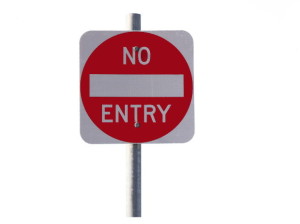The link between texting and traffic accidents has been well established. Studies have shown that distracted drivers who are texting rather than looking at the road run a higher risk of causing traffic accidents. In a bid to help prevent Florida pedestrian accidents, trucking accidents, car accidents, and other traffic collisions, Florida and other states have moved to ban texting while driving. However, recently questions have been raised about whether such bans are really effective at preventing injuries, accidents, and fatalities.
Currently, about 30 states make it illegal to text and drive. While many experts have suggested that Florida truck accidents, car accidents, and other accidents could be reduced by banning texting and driving, however, so far Florida has not taken the legislative step. However, studies have suggested that traffic accidents and fatalities have not significantly dropped in the states that have adopted texting bans.
The news is getting mixed reactions. Some people claim that texting bans are too specific. While studies have found that 5,500 fatalities across the US in 2009 were related to distracted driving, some experts note that texting is not the only distraction behind the wheel. Many people talk on cell phones, have conversations with passengers, focus on their music, or even spend time eating and drinking – all activities which distract them for driving. For families who have lost loved ones to Florida bicycle accidents and traffic accidents caused by distracted drivers, however, the texting ban remains a goal. Families note that preventing even a few fatalities would make the new legislation worthwhile.
The debate continues. Meanwhile, the study questioning the effectiveness of the texting ban is undergoing scrutiny. The study, by the Insurance Institute for Highway Safety (IIHS), ran a limited study of four states — Louisiana, Minnesota, California, and Washington. These four states were four of thirty that has passed texting bans. The study examined the rate of accidents in these states following texting bans and found that texting accidents increased by between 1 and 9 percentage points following the bans.
The president of the IIHS postulated that drivers may be holding their mobile devices in their laps in states where texting is banned to avoid a ticket. Unfortunately, this position averts their eyes from the road even more, potentially putting them – and others around them – at even greater risk. However, so far no study has been completed to prove this hypothesis. As well, some lawmakers and enforcement agencies are challenging the findings, arguing that texting bans can be a way to keep streets safer.
Continue reading →
 Florida Injury Lawyer Blog
Florida Injury Lawyer Blog





